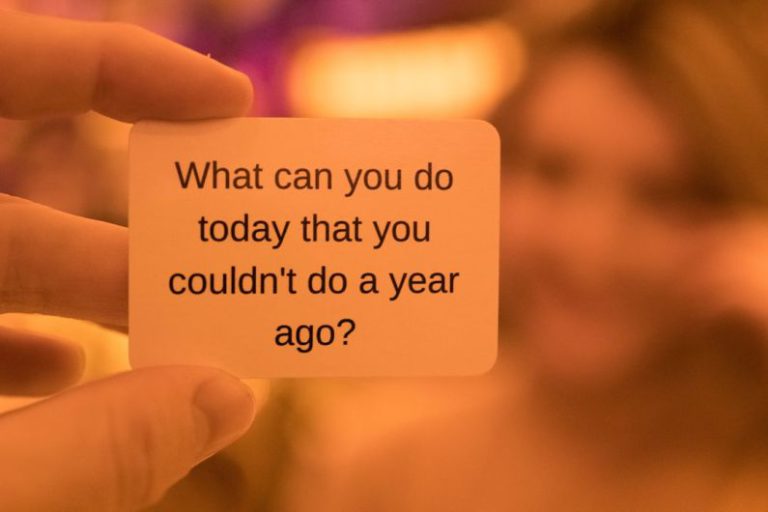Breaking Bad Habits for Good
We all have them – those pesky habits that we just can’t seem to shake. Whether it’s biting our nails, procrastinating, or indulging in unhealthy snacks late at night, breaking bad habits can be a challenging endeavor. However, with the right mindset and strategies in place, it is possible to kick these habits to the curb for good.
Identifying Your Triggers
The first step in breaking a bad habit is to identify what triggers it in the first place. Is it stress, boredom, or a certain time of day that prompts you to engage in the habit? By pinpointing the triggers, you can better understand why you engage in the behavior and take proactive steps to address it.
Creating a Plan of Action
Once you have identified your triggers, it’s time to create a plan of action. This may involve setting specific goals for yourself, such as reducing the frequency of the habit or replacing it with a healthier alternative. Having a clear plan in place can help you stay focused and motivated as you work towards breaking the habit.
Building a Support System
Breaking a bad habit is not something you have to do alone. Building a support system of friends, family, or even online communities can provide you with the encouragement and accountability you need to stay on track. Surround yourself with people who will cheer you on and offer guidance when times get tough.
Replacing Bad Habits with Good Ones
One effective way to break a bad habit is to replace it with a good one. For example, if you tend to reach for unhealthy snacks when stressed, try going for a walk or practicing deep breathing exercises instead. By replacing the habit with a healthier alternative, you can gradually rewire your brain and create new, positive habits.
Practicing Mindfulness
Mindfulness is a powerful tool when it comes to breaking bad habits. By being present in the moment and fully aware of your thoughts and actions, you can better control impulses and make conscious decisions that align with your goals. Incorporate mindfulness practices such as meditation or yoga into your daily routine to help you stay centered and focused on breaking the habit.
Celebrating Small Victories
Breaking a bad habit is a journey, and it’s important to celebrate the small victories along the way. Whether it’s going a day without engaging in the habit or successfully resisting temptation in a triggering situation, acknowledging your progress can boost your confidence and motivation to keep going.
Learning from Setbacks
Setbacks are a natural part of the process when it comes to breaking bad habits. Instead of beating yourself up over a slip-up, use it as an opportunity to learn and grow. Identify what triggered the setback and brainstorm strategies to prevent it from happening again in the future. Remember, progress is not always linear, and each setback is a chance to come back stronger and more resilient.
Embracing Change
Breaking a bad habit requires a willingness to embrace change and step out of your comfort zone. It may be challenging at times, but by staying committed to your goals and believing in your ability to change, you can overcome any obstacle that stands in your way. Trust in yourself and your capacity for growth, and watch as you transform your habits for the better.
—
In Closing: Embracing a New Beginning
Breaking bad habits for good is a journey that requires commitment, self-awareness, and a willingness to change. By identifying your triggers, creating a plan of action, building a support system, and practicing mindfulness, you can set yourself up for success in breaking free from unwanted behaviors. Remember to celebrate your victories, learn from setbacks, and embrace change as you work towards creating a healthier, happier lifestyle. The power to break free from bad habits lies within you – all it takes is a decision to start and a commitment to see it through.






